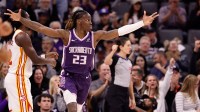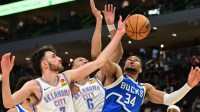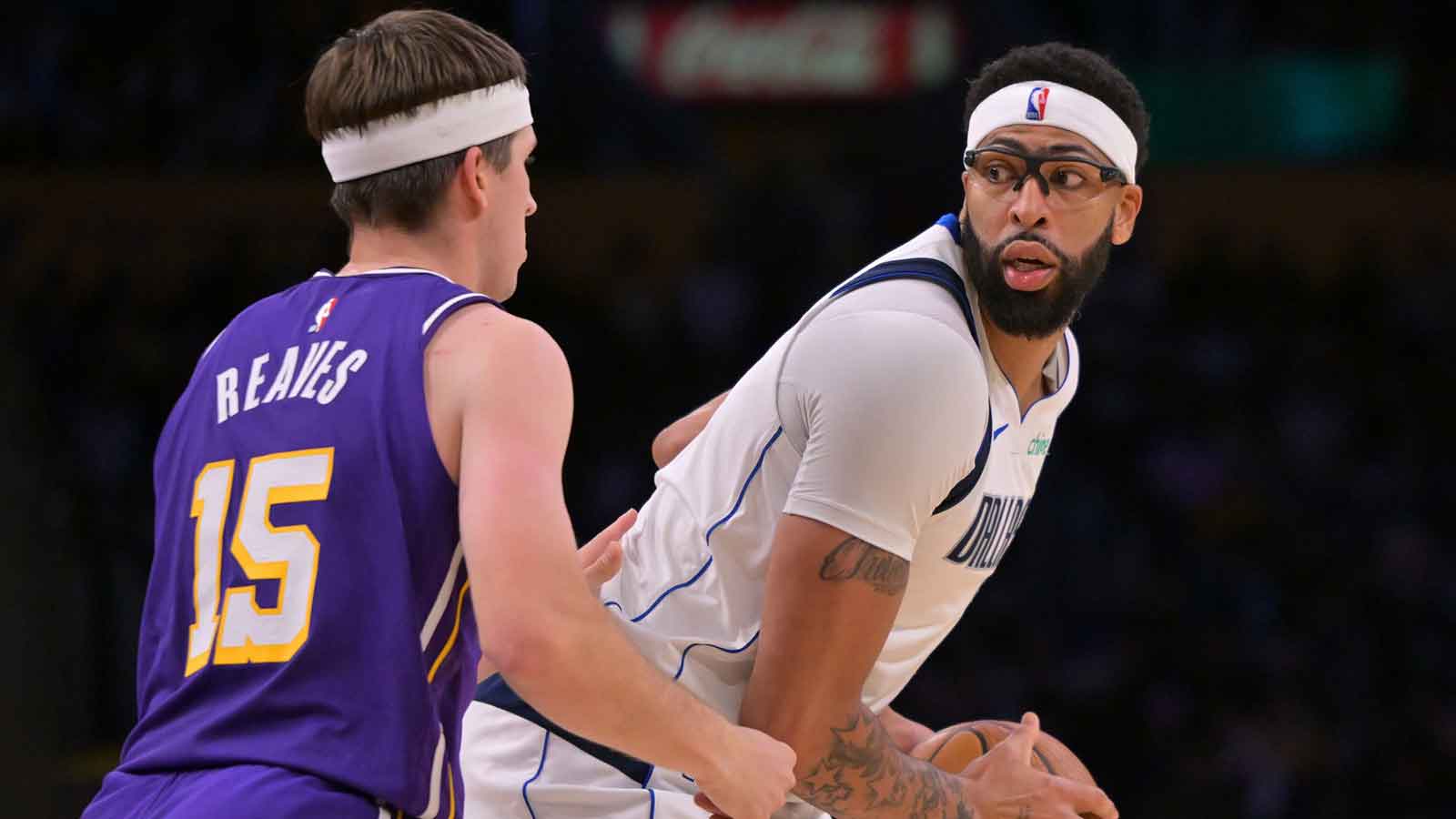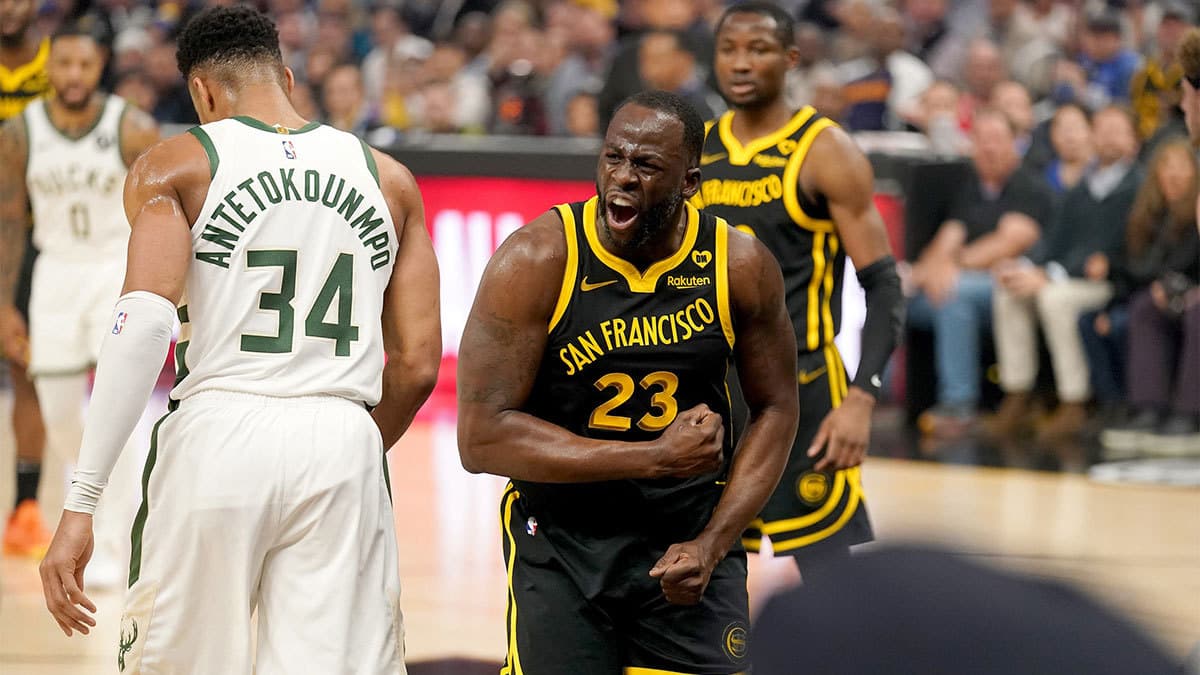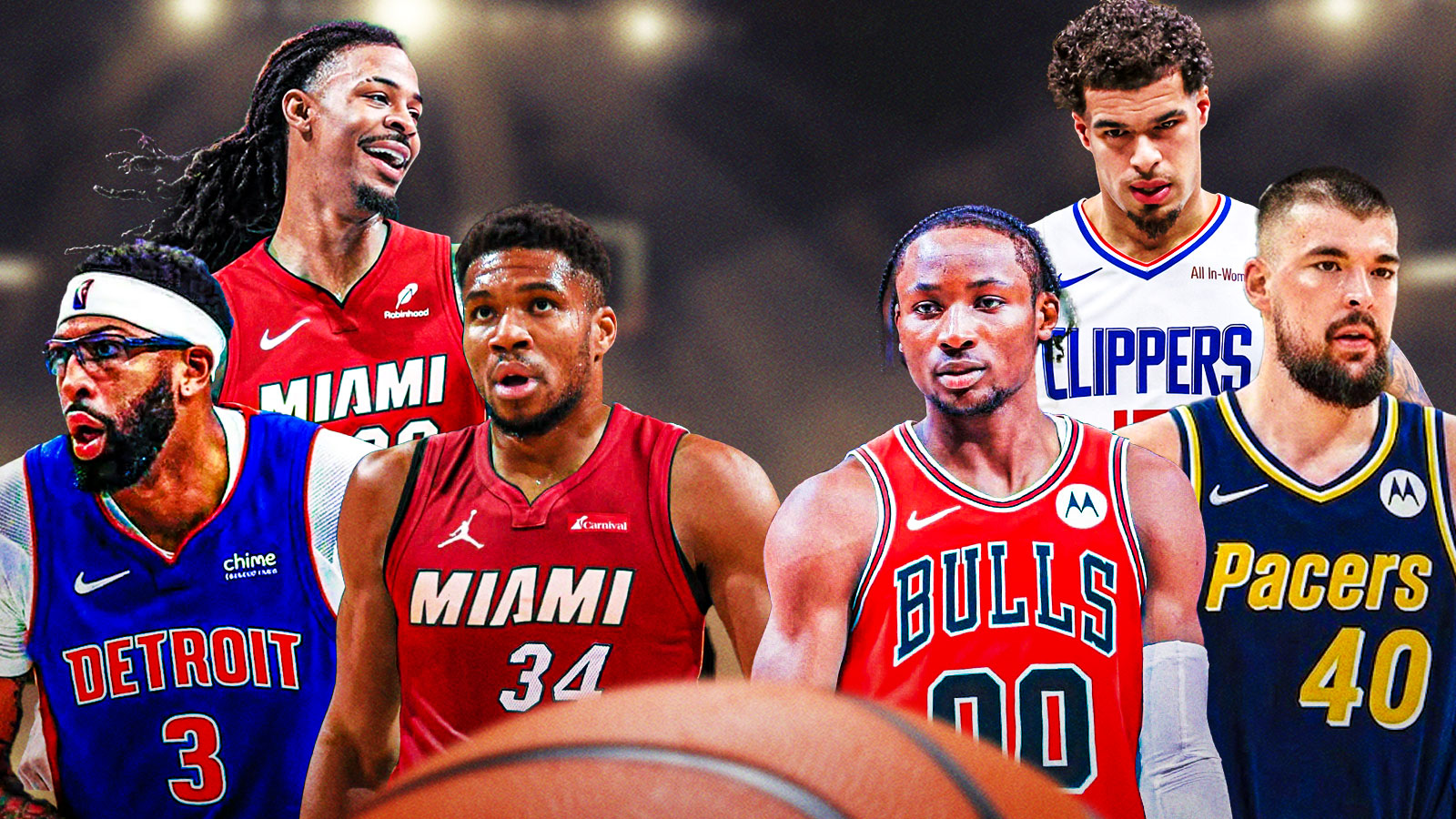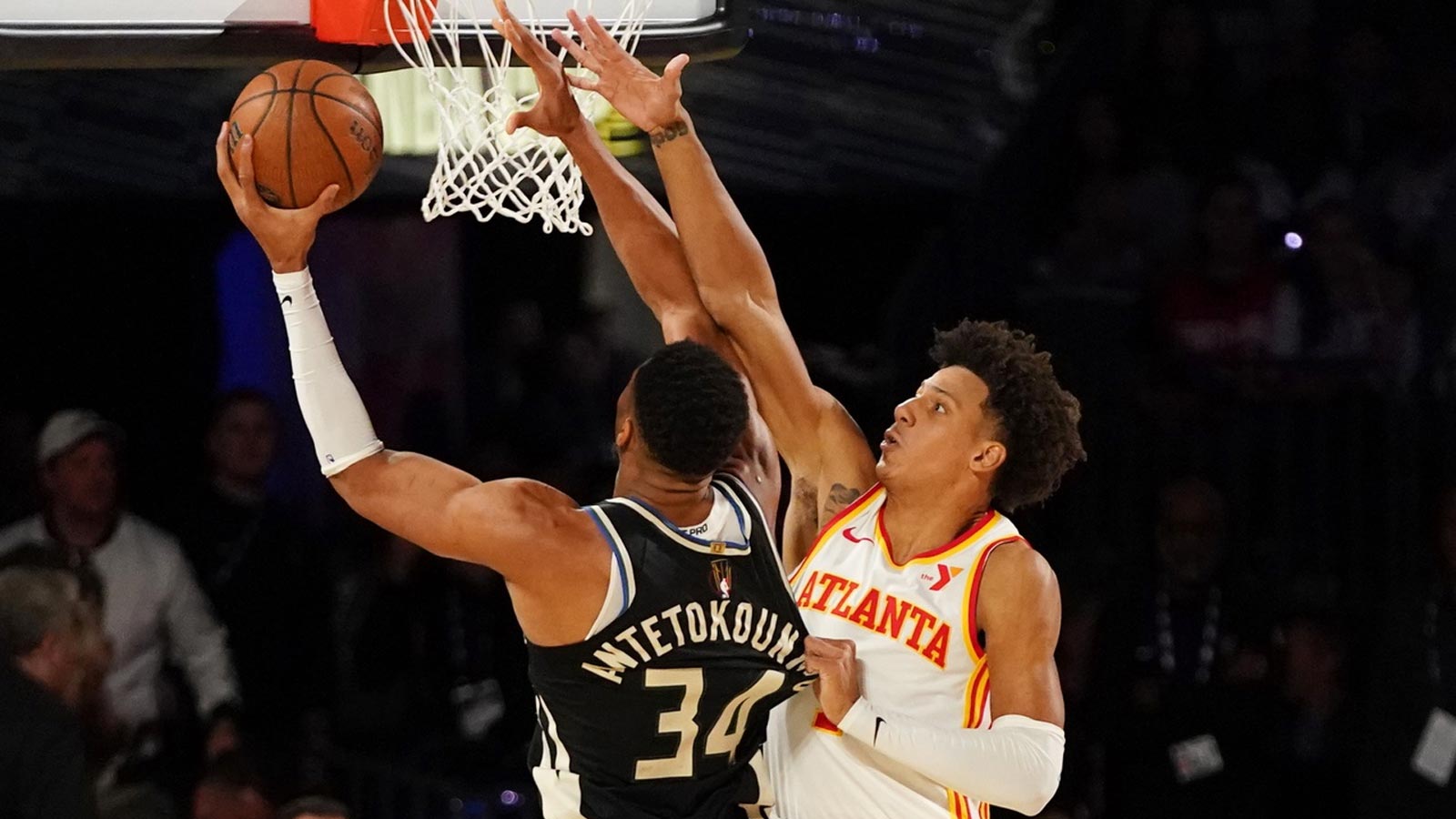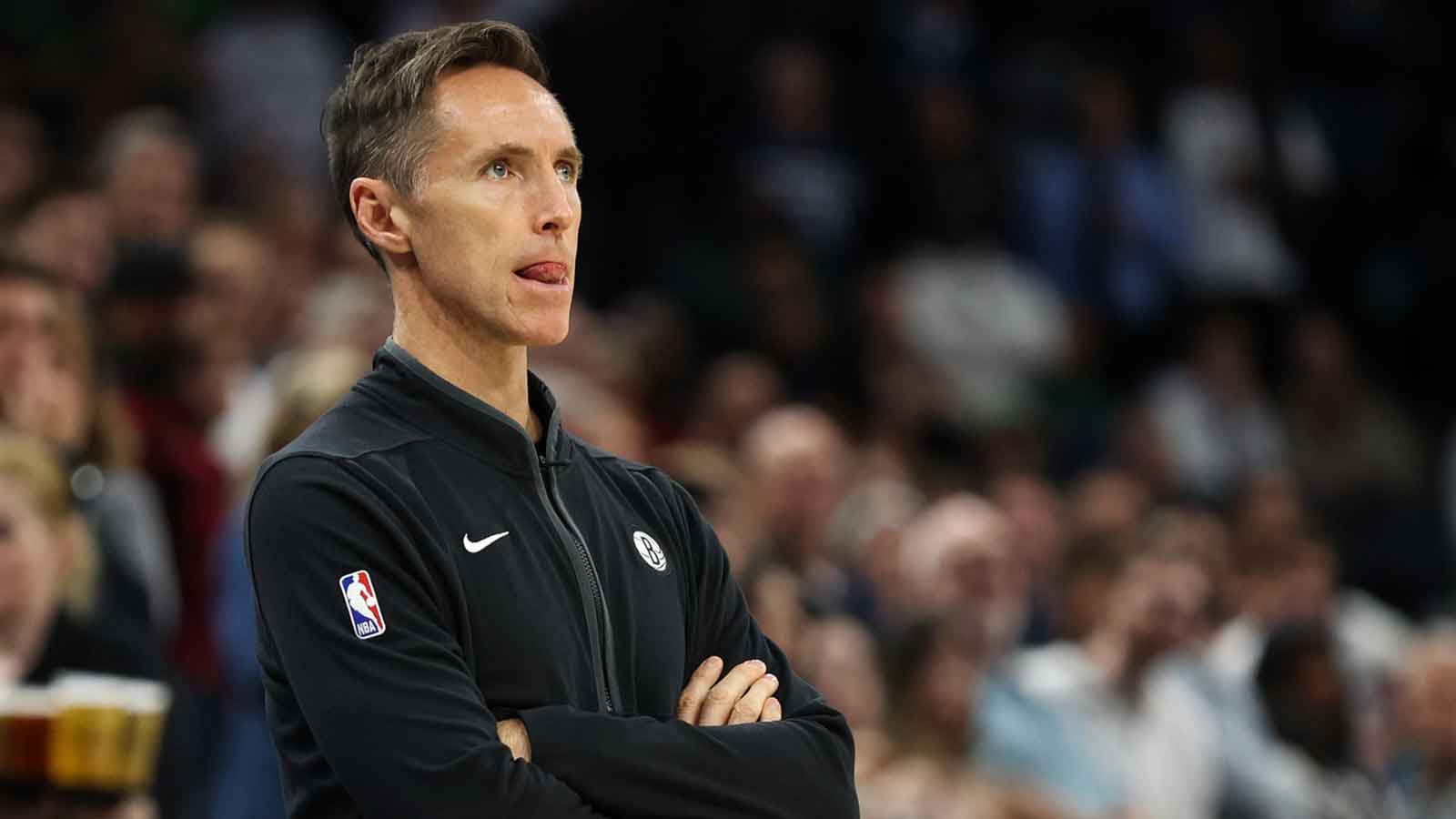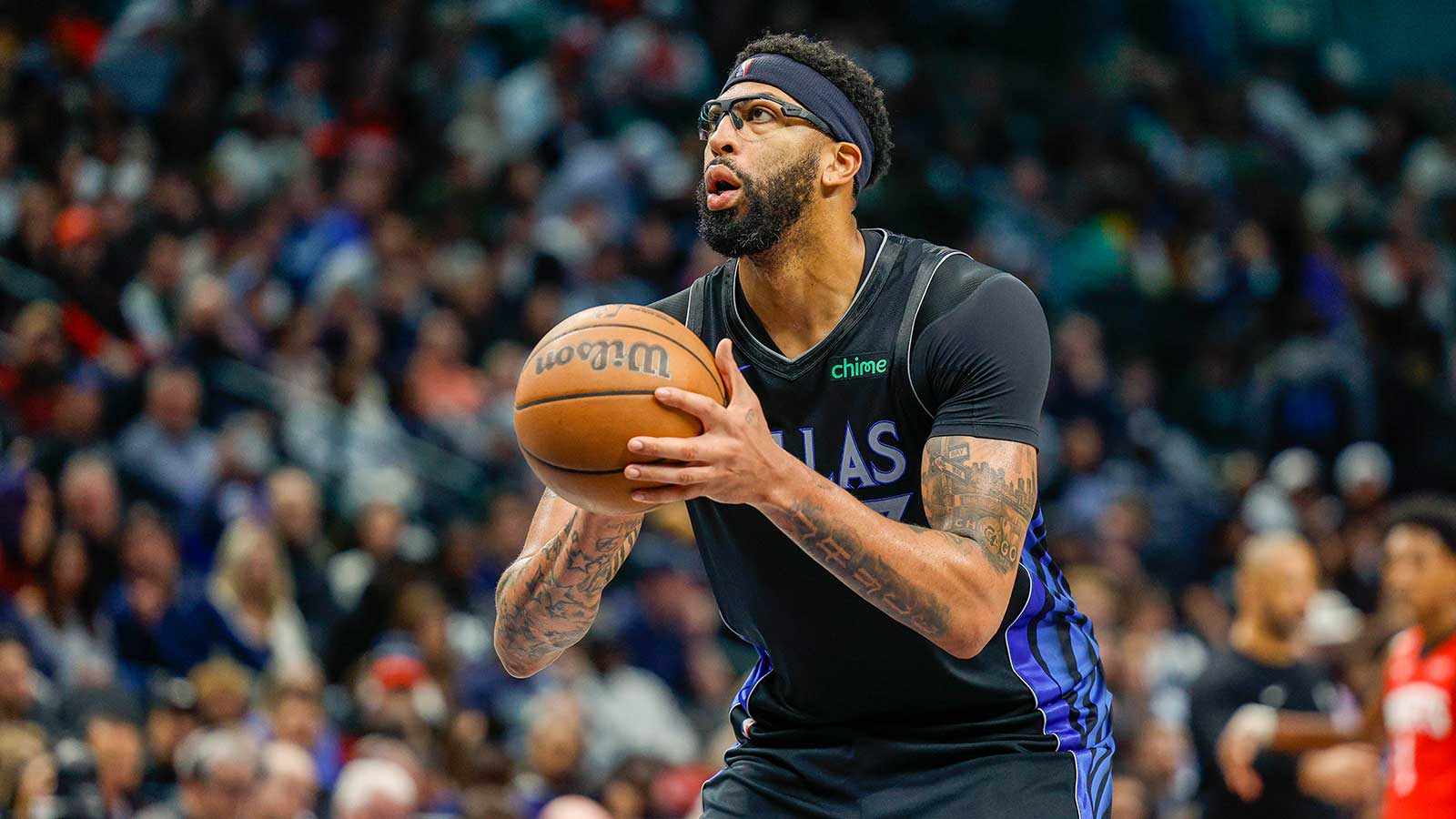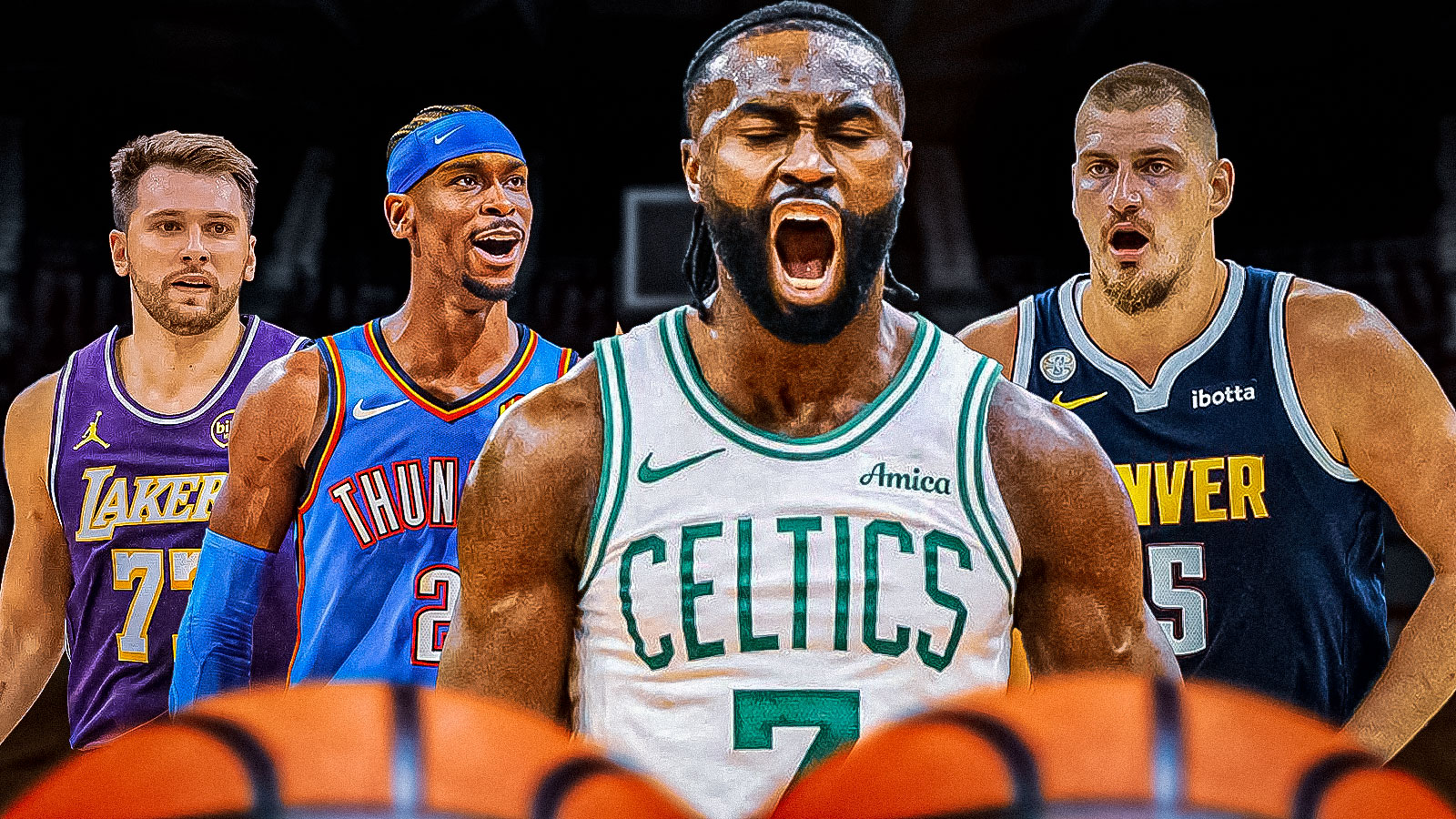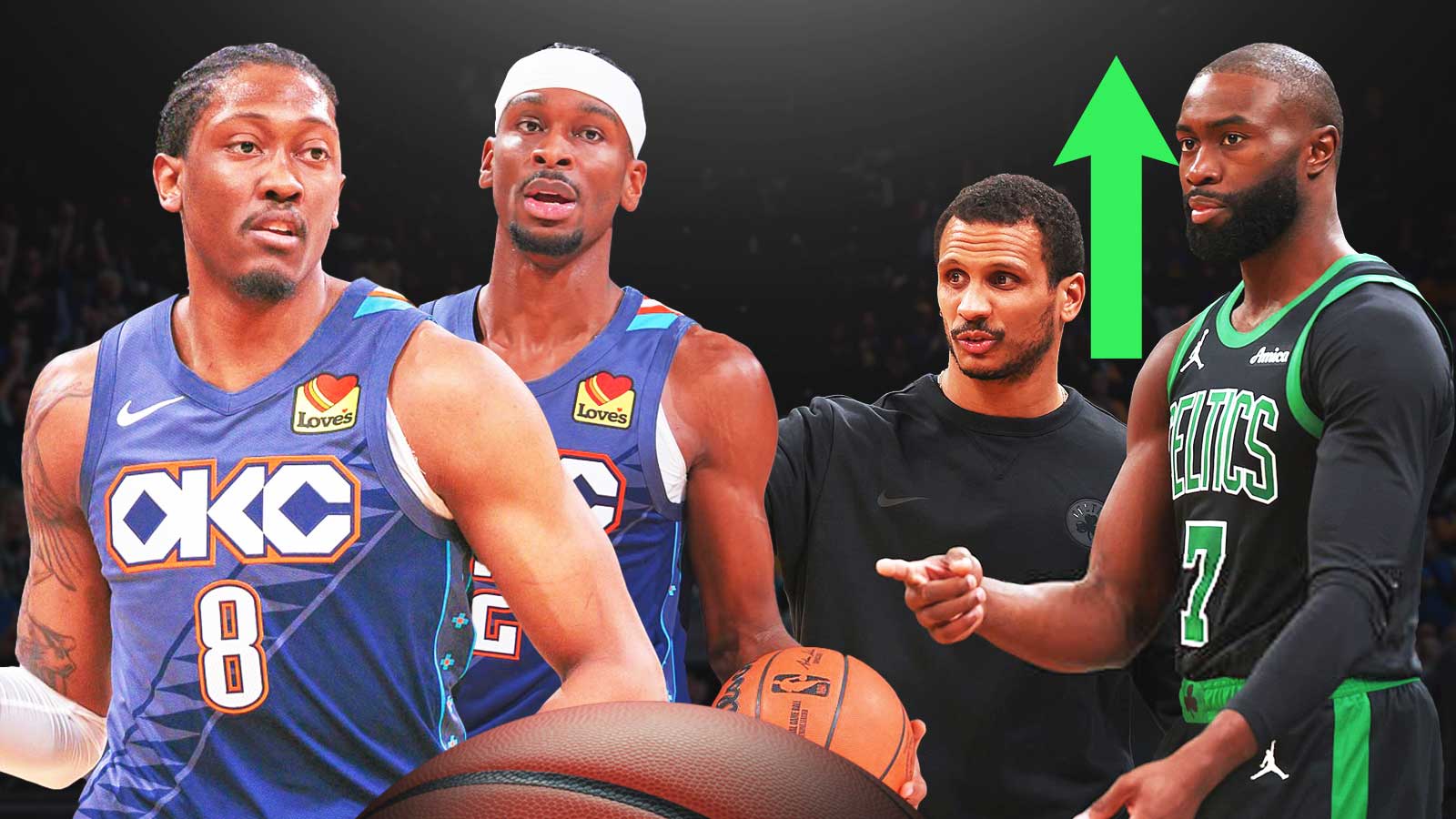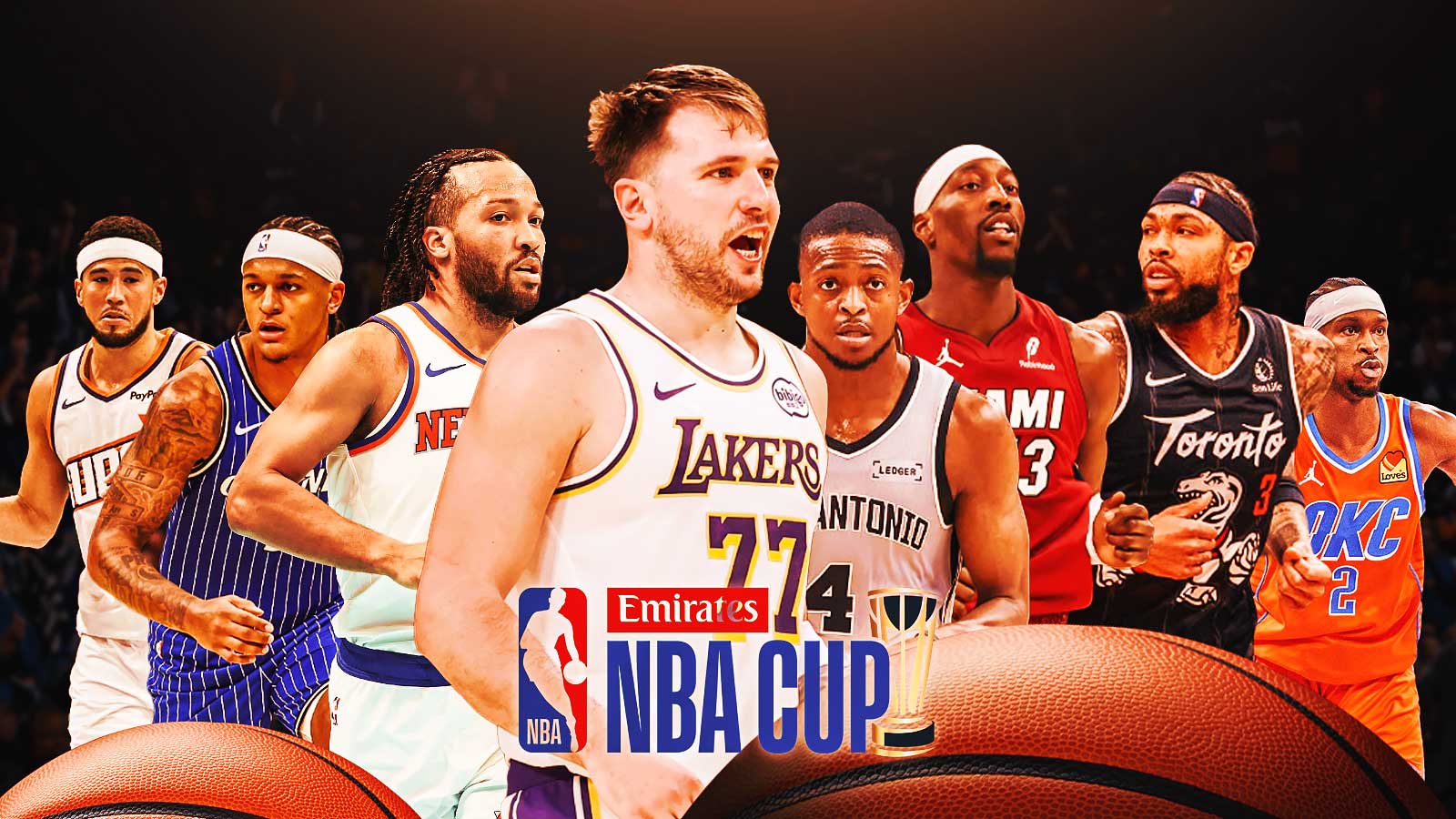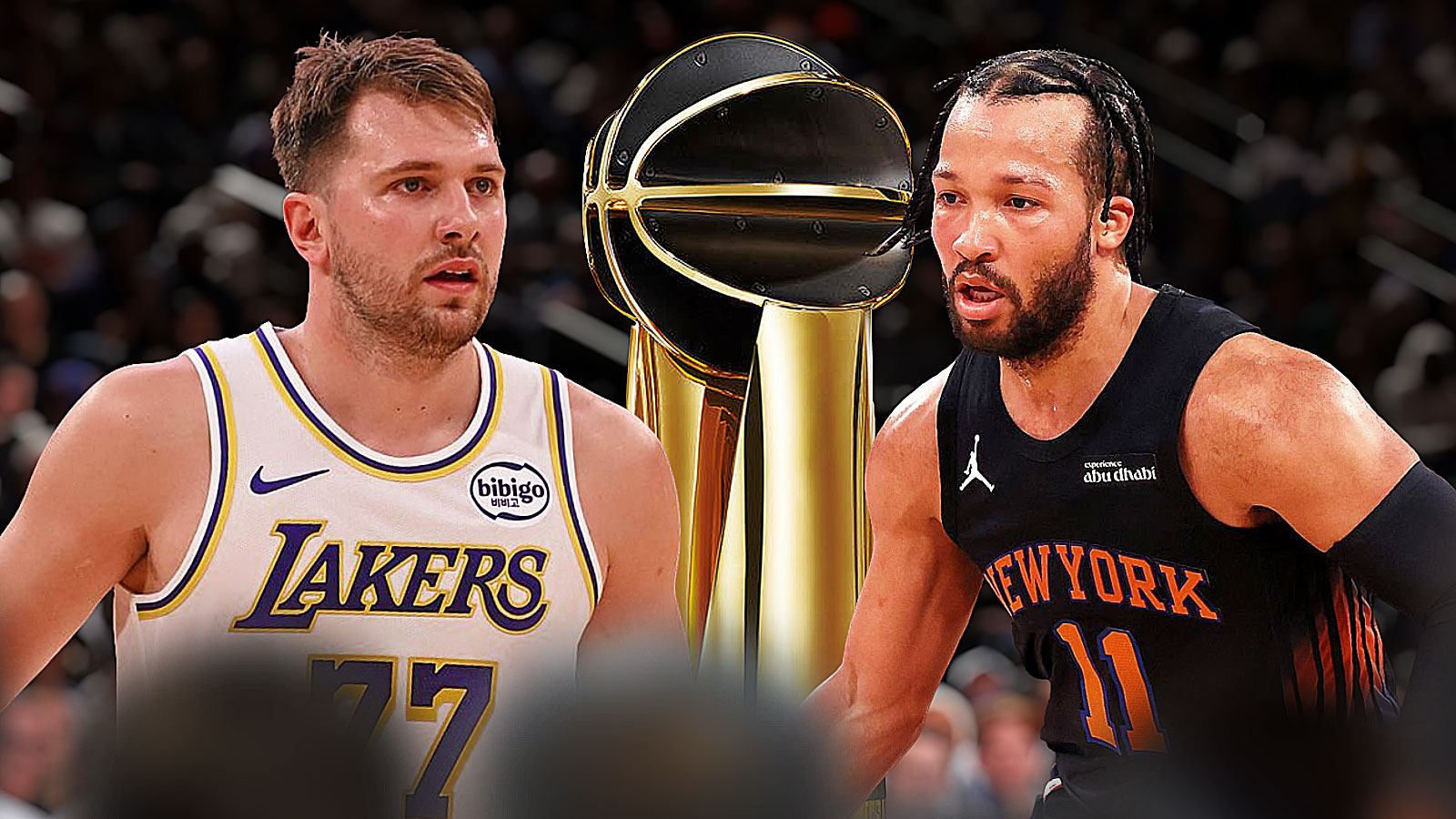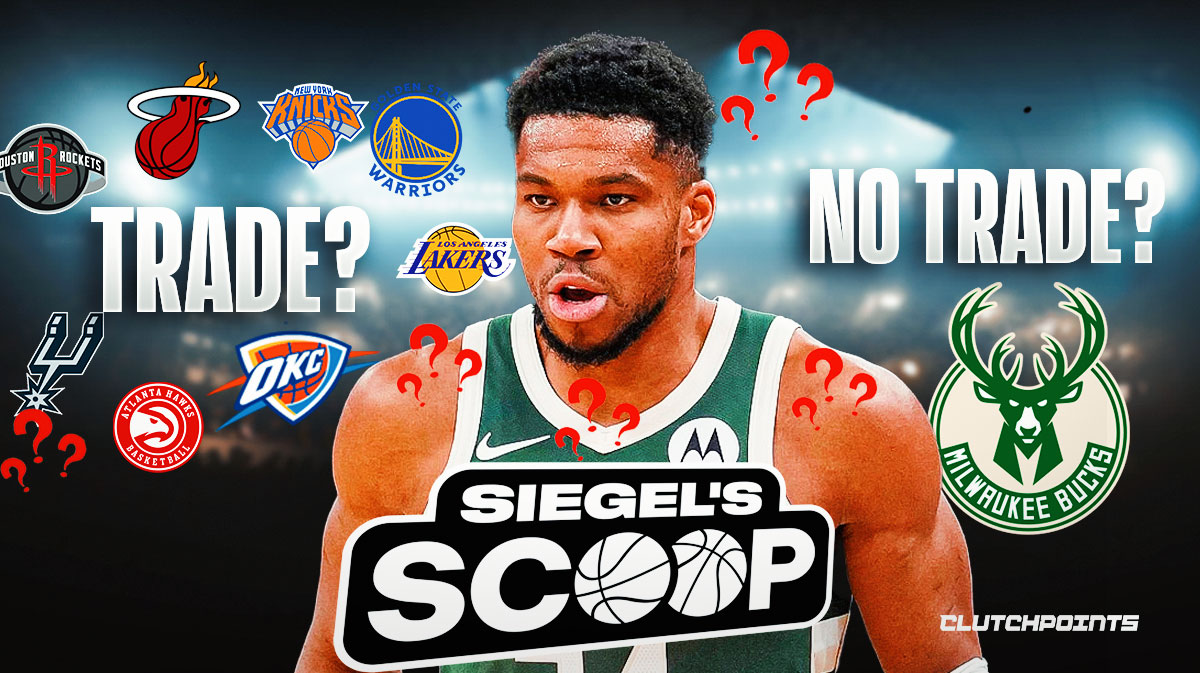With NBA free agency season upon us (and really almost passed us), it's time to do what we all do every year and examine which contracts are the best, and which are the worst.
Naturally, we are going to start with the worst, because, you know, of course.
To be fair, we do live in an age where NBA players are getting paid more and more as the cap rises, so what may have looked like a bad deal a few years ago may actually be a decent one now.
But still, there is no doubt that some of these deals are just horrendous, so let's break down the six worst contracts handed out in free agency thus far.
6. Brook Lopez, Milwaukee Bucks (4 Years, $52 Million)

Yes, Brook Lopez is coming off of a really impressive year, and yes, the Bucks really needed to make sure they kept at least two of the three of Lopez, Khris Middleton and Malcolm Brogdon, but man; four years for Lopez?
Surely, Lopez had other offers on the free-agent market, so I understand that the Bucks had to be competitive, but four years with no options for a 31-year-old center who has had a very checkered injury history seems a bit much.
I get that Lopez spreads the floor and has turned into a pretty reliable three-point shooter, but he is also a defensive liability, and it remains to be seen if he'll shoot over 36 percent from distance next year.
The dollars aren't the problem here, as $13 million a year is perfectly fair. It's the length.
I find it hard to believe that Lopez will be productive throughout the entire length of that contract.
5. Cory Joseph, Sacramento Kings (3 Years, $37 Million)

The Kings had a ton of cap space going into this summer, and they have certainly used it, but it doesn't seem like they allocated that money all that wisely.
Cory Joseph is a nice player, but $37 million for a guy who is a lifetime 32.7 percent three-point shooter and a career true-shooting percentage of 51.4 percent seems a bit much, especially given that it's not like Joseph really excels in any one particular area.
Don't get me wrong: he is a solid backup who is a pesky on-ball defender, but I kind of feel like Sacramento absolutely could have gotten better value elsewhere or that it could have signed Joseph to a cheaper deal (maybe three years at $27 million?) if it really wanted him.
Nevertheless, the Kings now have a very capable backup behind De'Aaron Fox, so there's that.
4. Terrence Ross, Orlando Magic (4 Years, $54 Million)

Terrence Ross had a career year for the Magic this past season, averaging 15.1 points per game while shooting 42.8 percent from the floor and 38.3 percent from long range.
But was he really good enough to earn this type of deal?
The dollars are a bit much, but the biggest issue I have with the deal is the length. Can we really expect this type of production out of Ross for the next four years? The dude has a lifetime true-shooting percentage of 54 percent and is not exactly your prototypical three-and-D wing, as he is not a particularly great defender.
Toronto Raptors fans can likely tell you many horror stories about the inconsistency of Ross, so Orlando giving him this type of deal just seems like a knee-jerk reaction based on the fact that the Magic made the NBA playoffs this past season for the first time since 2011.
3. Julius Randle, New York Knicks (3 Years, $63 Million)

You hate to pile on the Knicks when they're down, but when you miss out on Kevin Durant, Kyrie Irving and basically every big-name free agent and have to settle giving $21 million a year to Julius Randle, you're going to hear it.
Look: I get that Randle averaged 21 and eight this past year, but that was on a terrible NBA ballclub, and this guy is going on his third team since entering the league in 2014 for a reason.
He is a terrible defensive player, and while he showed some improvement in his three-point this season, it was on very low volume, and certainly not enough to commit this much money to him over three years.
Randle has also had attitude problems in the past.
Something about this deal and the history of the franchise that gave it to him spells disaster.
2. Terry Rozier, Charlotte Hornets (3 Years, $58 Million)

I completely understand not wanting to give Kemba Walker a max deal. After all, he is 29 years old, and by time the Hornets are ready to win (who knows when that will be), Walker will be on the decline.
But to then turn around and give Terry Rozier nearly $20 million a year? What?
Rozier's claim to fame is one playoff run with the Boston Celtics in 2018, and in all actuality, it was really just two playoff series, as his production fell off the map during the Eastern Conference Finals against the Cleveland Cavaliers that year.
He is just 25 years old, but he has also never shot 40 percent from the floor once in his NBA career, and it's not like he is so good defensively where he can make up for it on other end of the floor.
This is just a flat out bad deal that is compounded by the fact that the Hornets let Walker walk because they didn't want to pay him max dollars.
1. Jonas Valanciunas, Memphis Grizzlies (3 Years, $45 Million)

In a league where centers are supposed to be able to spread the floor and guard the pick-and-roll, Jonas Valanciunas is a dinosaur, which makes the Grizzlies' decision to give him $15 million a year over three seasons that much more puzzling.
For comparison's sake, Enes Kanter (who is very similar to Valanciunas in all respects) got a two-year, $10 million deal with a player option for the second year from the Celtics.
So, why an NBA rebuilding team like Memphis is committing that much money over that many years to a center that has already peaked is really odd.
Yes, he is a veteran presence in the locker room, but you're telling me the Grizzlies couldn't have gotten him for a cheaper deal?


